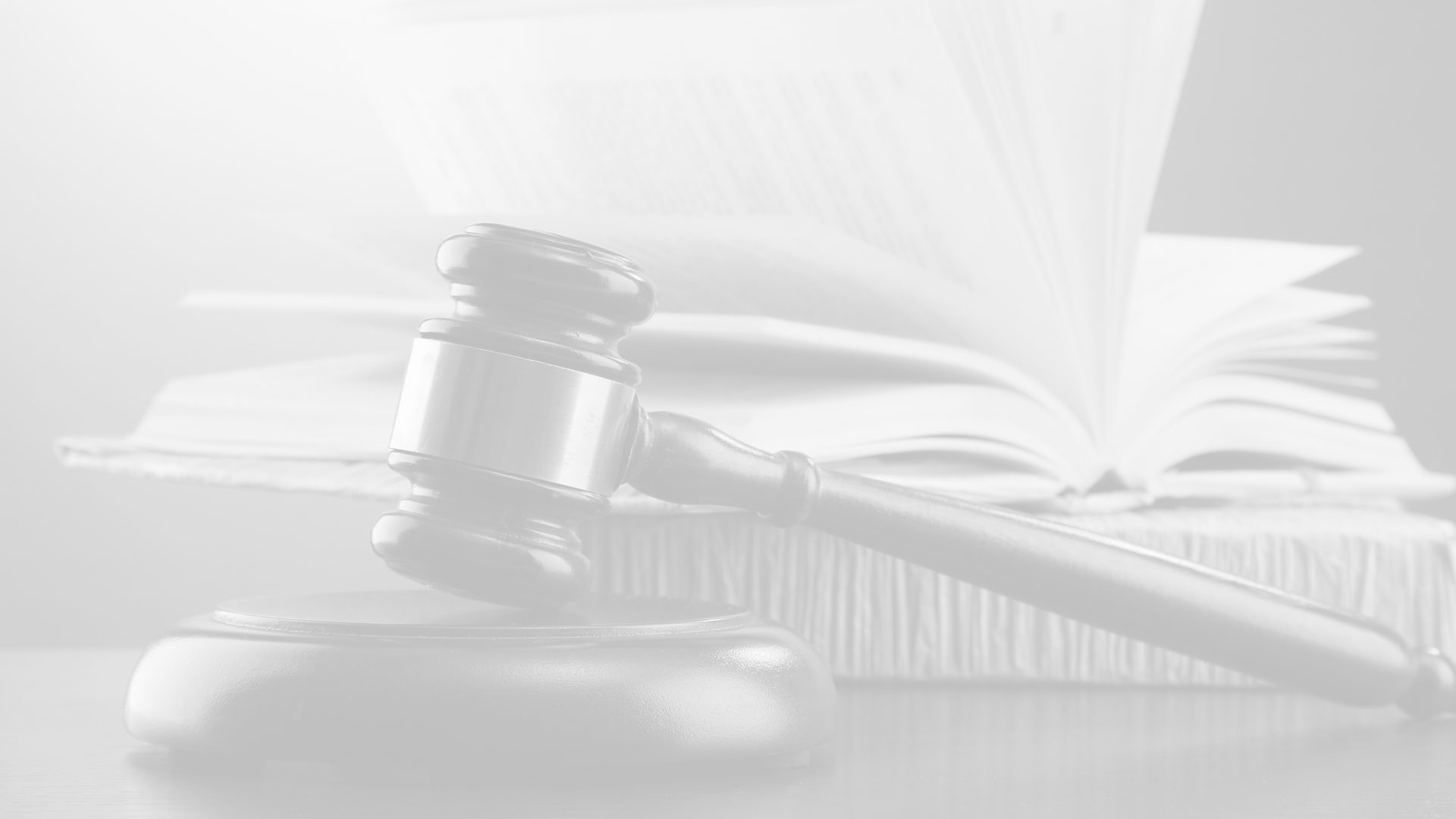Fight Your Traffic Violations
This Blog was brought to you by the San Antonio’s Attorney for Traffic Violations Gordon Slade 210-820-3033
Fight Your Traffic Violations
When a police officer pulls you over in your car for speeding or any other moving violation, you have very few opportunities to avoid getting a ticket. In some cases, such as when you exceed the speed limit by an excessive amount, you might not be able to convince the officer that you don’t deserve a ticket. For minor infractions, however, you’ve got some leeway.
Don’t Acknowledge the Violation
The first rule to avoid getting a ticket is never to admit you did something wrong. A traffic violation is not a severe crime, but the same restrictions apply to speeders as murderers. Acknowledging your offense is a confession, and you’ll almost always receive a citation. For example, when the police officer approaches your car, you don’t want to say, “Was I speeding a bit?” This tells him that you knew you were breaking the law but disregarded it anyway, and he’ll be able to use it later if you go to court to fight it.
No Sudden Moves
You might be the most law-abiding citizen in the world. Perhaps you were speeding across town to get to your volunteer job on time, or maybe your best friend’s grandmother has been rushed to the hospital. Nevertheless, the police officer doesn’t know you are a boy scout who always tips at least 25 percent and never leaves the toilet seat up. To avoid getting a ticket, make sure you do everything possible to put the police officer at ease. Keep your hands on the wheel unless you tell the officer you are reaching for something, and try to stay as calm and collected as possible.
Give a Reason
You should only break rule number one (never acknowledge the violation) when you have a valid reason for breaking the law. This is usually the most effective way to avoid getting a ticket, but only if your explanation is plausible and quickly proven. Perhaps you were informed of an emergency at work, or maybe you are worried about your elderly mother, who you’ve just discovered is home alone. Whatever the case, a solid reason might convince the officer that you don’t deserve a ticket. The last thing you want to do is make something up.
Be Original
Police officers spend all day driving the streets, watching for citizens to break the law. Their work lives are often monotonous and boring, despite the heroic and exciting visions you might have of a police officer’s job. To avoid getting a ticket, you might consider making the officer laugh.
This is only appropriate if you think the officer will find your joke or comment amusing, so don’t try this tip unless you’re sure you can pull it off. If the officer is stone-faced and grim, now might not be the time for jokes. However, try original humor if he seems like an amiable fellow.
Treat Her Equally
A female police officer might pull you over, and if you want to avoid getting a ticket, you won’t treat her any differently than a male officer. Derogatory or sexist comments will anger her, and jokes about her gender will likely bring down her wrath.
Make a Donation
In most cities, police departments accept donations from the public and will give you a sticker to put on the back of your vehicle as a reward. This is a great way to avoid getting a ticket because police officers will know you support their work. You can also join anti-crime organizations in your city and display the decals on your car. For example, the Texas Department of Public Safety offers the H.E.A.T. program, which stands for “Help End Auto Theft.” When you join, you give officers the right to pull your vehicle between 1 a.m. and 5 a.m. to combat automobile theft. However, it also shows you support law enforcement and might help your case.

